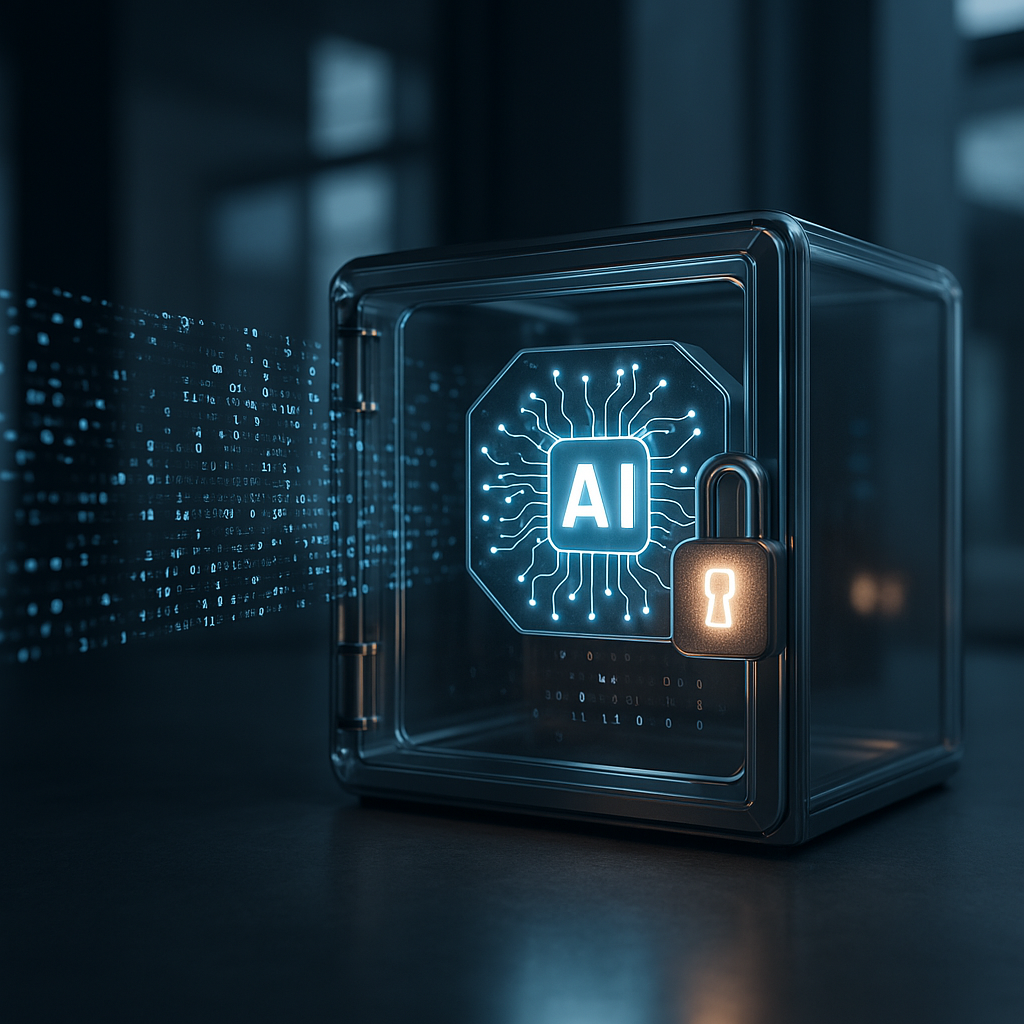“What if your private data could train an AI—without ever being exposed?”
In a world where AI models are hungry for data, MIT just made a major leap in keeping that data secure.
🧠 What Happened?
MIT researchers have developed a new method for protecting sensitive data during AI training—without sacrificing model performance.
This is huge. Typically, when training powerful AI models, there’s always a risk that private data—emails, medical records, or proprietary code—can accidentally “leak” through the model. Even anonymized datasets aren’t safe from sophisticated reverse-engineering.
But this new method changes the game:
✅ It shields training data from exposure
✅ Preserves accuracy almost as well as standard training
✅ Reduces resource usage, making it scalable
🔍 Why This Matters
1. Privacy Concerns Are Peaking
With tools like ChatGPT being used by millions daily, the stakes are higher than ever. People input private thoughts, health symptoms, even passwords—and if that data becomes part of a training dataset, it could potentially be extracted later.
This isn’t just paranoia. Past studies have shown that AI models can regurgitate training data, including real names, addresses, and internal company secrets.
MIT’s solution means developers might no longer have to choose between data privacy and performance.
2. Enterprise & Healthcare Could Go All-In
Until now, highly regulated industries like:
- Healthcare
- Finance
- Government
- Law
…have been hesitant to train their own AI models using private internal data. But if this new method becomes practical, they could finally unlock AI’s full potential without risking compliance nightmares.
🔧 How the Method Works (Simplified)
MIT’s system tweaks how data is accessed during training by:
- Using advanced encryption techniques
- Applying data masking dynamically
- Introducing “noise” in a smart way to prevent memorization
- Running part of the computation on isolated private servers
What’s wild is that the models still hit top-level performance benchmarks, despite never “seeing” raw data directly.
🧠 My Take
This could be one of the most important AI breakthroughs of 2025—especially if it scales. Data is AI’s fuel. If we can guarantee that data stays private, then the doors to AI adoption across sensitive sectors swing wide open.
Think of it as the AI version of incognito mode—but for model training.
🧮 What to Watch Next
- Will OpenAI, Meta, or Google adopt this method?
- Can this tech be open-sourced or commercialized quickly?
- Will it become a regulatory standard in the U.S. or EU?
If the answer is yes, we may soon enter an era of fully secure, fully performant AI—and that’s a world-changing shift.
